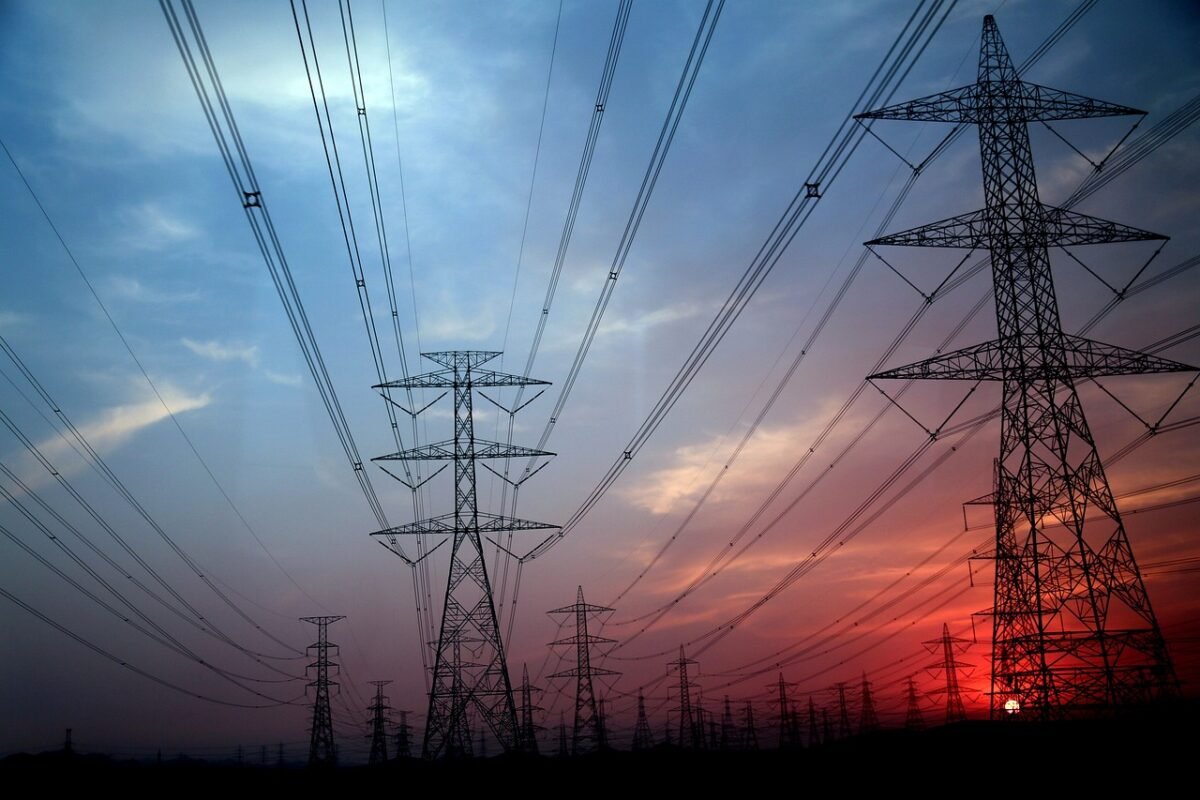In a new report, CRE revealed that French managers have an advanced deployment of digital technologies in their networks, but recommends further reducing connection times and costs, industrializing flexible solutions and strengthening the reliability of the data they make available to actors.
PUSH CRE published a report aimed at evaluating the performance of network managers in setting up and operating a smart electricity grid in France. The report summarizes the French electricity grids and the tools put in place, especially during the 2022-2023 winter crisis management, to absorb the acceleration of renewable energy generation and support the transition.
“New technologies play a major role in achieving these goals,” CRE said in its report. Smart grids, or even Smart networksit will speed up connections, minimize the need for new investments in network infrastructure and help consumers play an active role in this transformation.
The agency’s report is part of the European directive of 5 June 2019 on common rules for the internal electricity market and will be updated every two years.
It assesses several indicators divided into three key areas: network connections, flexibility and network management tools, and services provided to users.
In addition to the expected development of intermittent green energy plants, networks must adapt to new uses, including for example electric mobility and electrification of heat. To complete the picture, network managers will need to prepare for increased electricity consumption and provide increasingly bidirectional and variable electricity flow control services.
Optimize your connectivity solution
CRE has seen an increase in connection time in recent years. While these delays are largely related to the need for network reinforcement and sometimes long administrative delays, they are also the result of certain internal practices of network administrators that could be improved.
CRE therefore recommends the generalization of new connection offers that will allow to optimize the size and costs of the connection infrastructure and to connect more installations while rationalizing investments. Please note that these offers are in return based on measures limiting one-time injection or withdrawal.
In addition to the fact that data is at the heart of the effective development of projects and their network integration, CRE highlights the need to improve the quality of services provided by the “Caparéseau” platform, in particular to provide regularly updated updates of the displayed data.
Standardize network flexibility
CRE has revealed several calls for tenders for local flexibility to allow network operators to resolve network congestion, but these initiatives remain one-off or experimental. However, the use of flexibility should become standard when needed.
“It is important that network managers demonstrate technological neutrality when deciding between the use of flexibilities and the strengthening of the network,” explains the agency, which recommends systematically studying the use of flexibilities and methods of industrialization of related solutions whenever they prove more relevant. than network reinforcement.
Other recommendations aim to make available the advanced adoption of digital technologies seen on French networks in the service of the ecological transition, whether through the deployment and operation of advanced meters, the pooling of work to prevent costs from burdening communities too much, or the optimal dimensioning of networks and their infrastructures.
This content is copyrighted and you may not reuse it without permission. If you would like to collaborate with us and reuse our content, please contact our editorial team at the following address: editors@pv-magazine.com.

